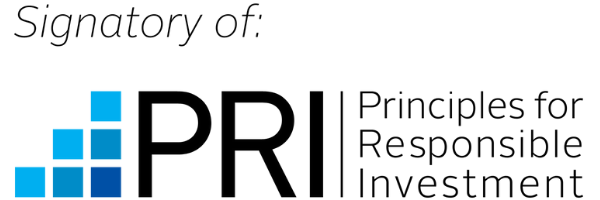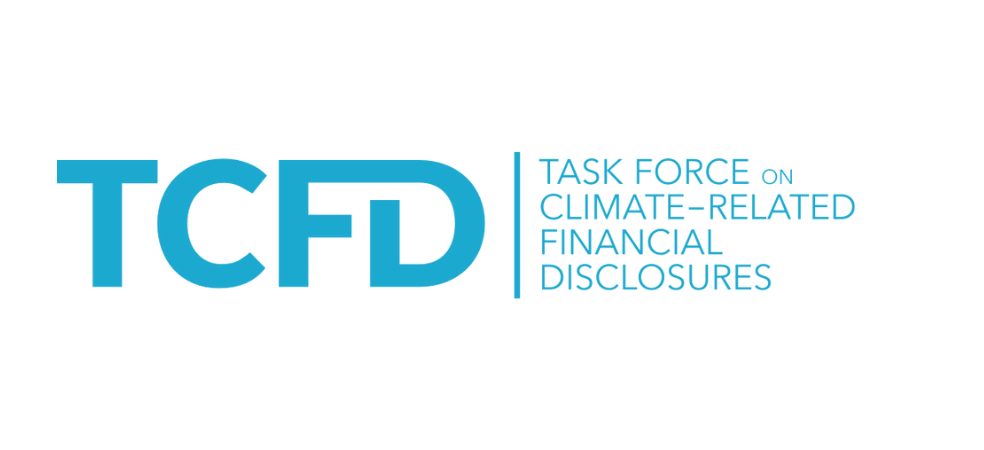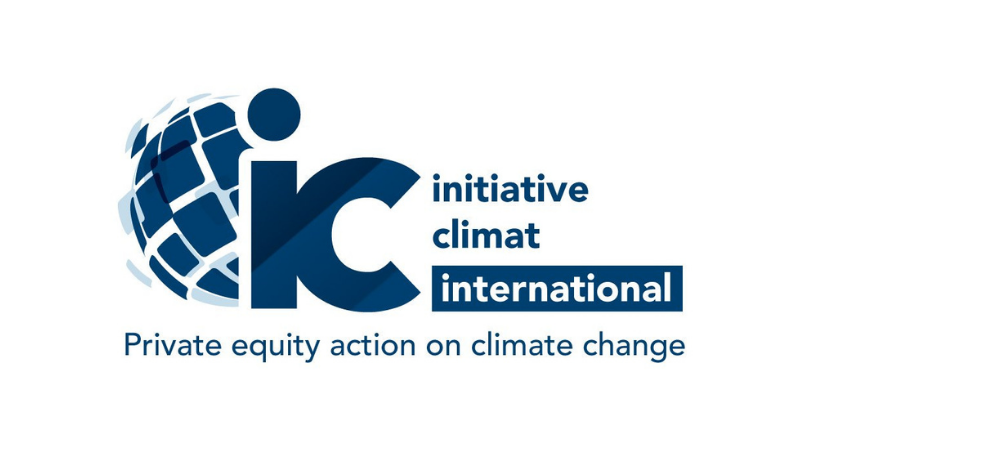Knowledge of the past, confidence in our future
Foresight from experience
For over 40 years, we have invested over $152 billion in global primary, secondary, direct co-investments, infrastructure and real assets, and private credit. Our ability to scale our business without sacrificing quality sets us apart.
A wealth of knowledge
Holistic strategies
and approach
and expertise
long-lasting partnerships
The global reach of our network, people, relationships, and on the ground learning, foster insight-driven value.
We see how actions connect, how strategies relate.
The global reach of our network, people, relationships, and on the ground learning, foster insight-driven value.
Quantitative Investment Science
At QIS, we work to enhance investment performance through data driven insights, quantitative tools, and an experienced, dedicated team.

Responsible investment

Responsible investment

Data-driven responsible investing
We use RepRisk® to proactively research and monitor for ESG incident data.
Climate change strategy

Task Force on Climate-related Financial Disclosures (TCFD)

Initiative Climat International (iCI)






